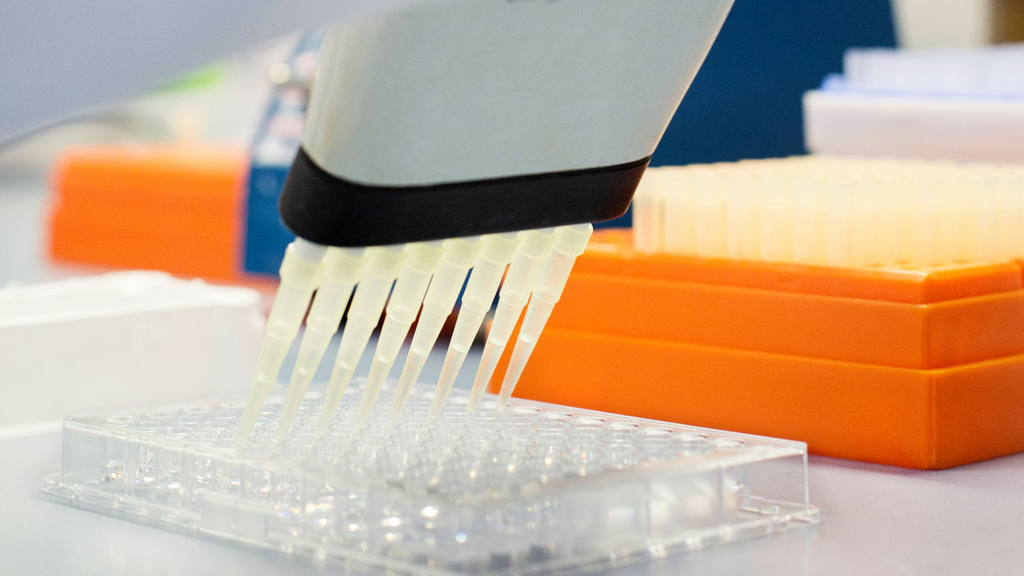A new study highlights the advancements nanotechnology in the form of self-folding DNA structures could bring to cancer treatment.
The work, published on Thursday by Ludwig Maximilian University of Munich, is an attempt to further our understanding of the role of immunotherapy in the fight against cancer (as opposed to chemotherapy). In other words, our body's ability to fight off cancer cells as if they were any other disease.
The team's study showed that agents called "programmable T-cell engagers" (PTEs) made up of DNA "origami" can form a structure that antibodies can attach to. These antibodies on one side bind to cancer cells and on the other be detected by the immune system's T-cells, effectively alerting the immune system to engulf the cancer cells.

Artwork of a T cell recruited by a DNA "origami" PTE attached to a tumor cell. Credit: © Priyanka Oberoi
"The centrepiece is a tiny chassis of folded DNA strands that can be specifically fitted with any antibodies," explained Professor Sebastian Kobold, one of the main authors of the study.
Adrian Gottschlich, another of the study's lead authors, also explained that the ability to attach different antibodies to the structure simultaneously allows the immune system to target the cancer cells with greater precision, thereby limiting the chances of harming healthy cells.
The research team tested the ability of the structure to attach to target cells and engage T-cells in vitro with over 100 different antibody combinations. The results were encouraging: within 24 hours, more than 90% of the cancer cells had been destroyed. Afterwards, they were able to also reproduce successful results in vivo with living tumour-bearing organisms.
"We believe that our findings will permit the clinical testing of DNA nanotechnologies and demonstrate the potential of biomolecular, DNA-origami-based engineering strategies for medical applications," Kobold concluded.

